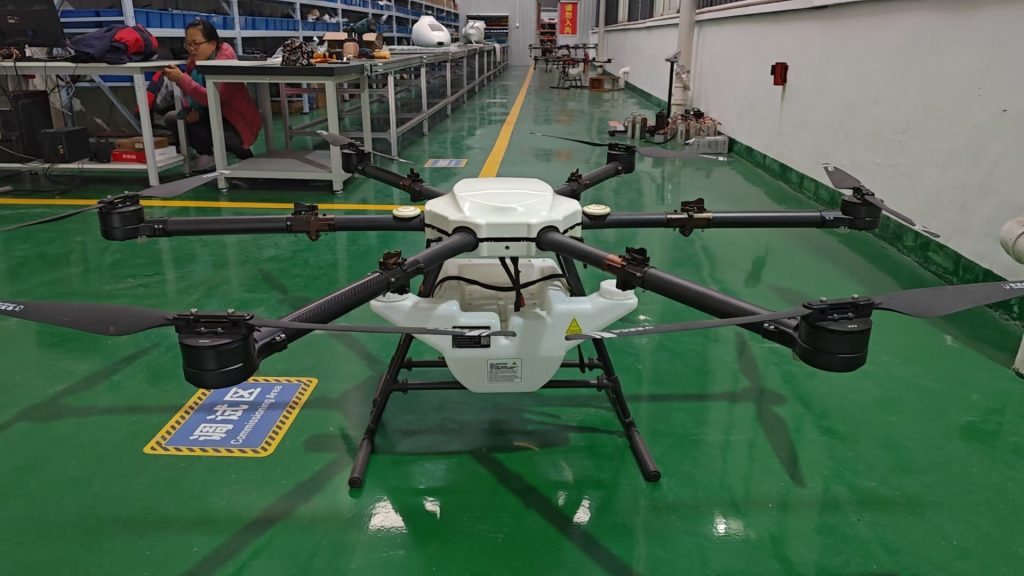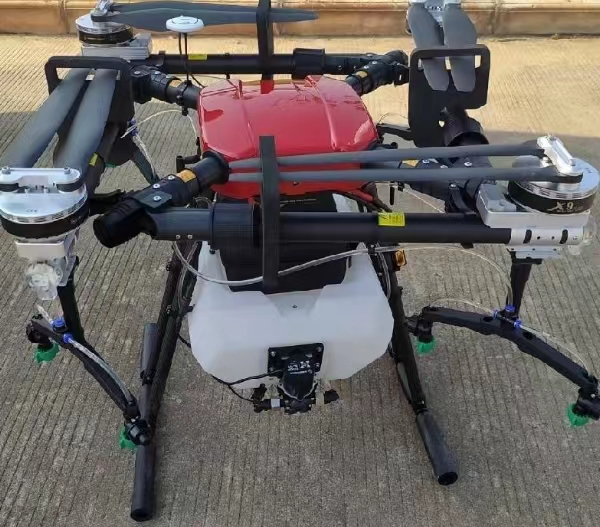
Agriculture is evolving rapidly with the help of technology, and drones have become an essential tool for modern farming. One of the most beneficial applications of agricultural drones is irrigation. By using drones to water crops, farmers can save time, reduce labor costs, and improve water efficiency. This article explores how drones can be used for watering vegetables, fruits, and orchards effectively.
The Benefits of Drone Irrigation
1. Water Efficiency
Traditional irrigation methods, such as sprinklers and drip systems, often waste water due to evaporation, runoff, or uneven distribution. Drones equipped with precision spraying technology can deliver water directly to plants, ensuring minimal waste and optimal hydration.
2. Cost and Labor Savings
Manual watering requires significant labor, especially in large fields or orchards. Drones reduce the need for human labor, allowing farmers to cover more land in less time with fewer resources. This helps lower operational costs and increases productivity.
3. Accessibility to Difficult Terrain
Some agricultural lands, such as orchards on hillsides or irregularly shaped vegetable fields, are challenging to irrigate with traditional systems. Drones can easily navigate such terrains, ensuring uniform water distribution without damaging crops.
4. Precision and Customization
Drones can be programmed to adjust water flow based on plant needs. Using advanced sensors, they can analyze soil moisture levels and deliver water accordingly, preventing overwatering or underwatering. This targeted approach helps improve plant health and yield.
How Drones Irrigate Crops
Pre-Flight Planning – Farmers input the field map into the drone’s software, specifying areas that require irrigation.
Automated Flight and Spraying – The drone follows a pre-programmed route, spraying water evenly over the crops. Some models use AI to adjust spraying intensity based on real-time field conditions.
Real-Time Monitoring – Drones with cameras and sensors provide real-time data on water coverage and soil moisture, allowing farmers to make adjustments as needed.
Efficient Water Use – By targeting specific areas that need water, drones ensure efficient use of resources, promoting sustainability.
Applications in Different Types of Farms
Vegetable Farms
Drones help water leafy greens, tomatoes, cucumbers, and other vegetables quickly and evenly. This method prevents waterlogging, reduces fungal diseases, and supports healthy growth.
Fruit Farms
Fruit-bearing plants such as strawberries, blueberries, and melons require precise watering. Drones can ensure that each plant gets the right amount of moisture, enhancing fruit quality and yield.
Orchards
For large orchards with trees like apples, oranges, and peaches, drone irrigation is a game-changer. It reduces the need for extensive piping systems and provides targeted watering to trees, especially during dry seasons.
Conclusion
Using drones for irrigation is revolutionizing modern agriculture. With their ability to save water, reduce labor costs, and increase efficiency, drones are becoming an essential tool for vegetable, fruit, and orchard farmers. As technology continues to improve, drone irrigation will play an even more significant role in sustainable and profitable farming.
If you are looking to enhance your farm’s irrigation system, consider adopting drone technology to achieve better results with less effort.






暂无评论内容